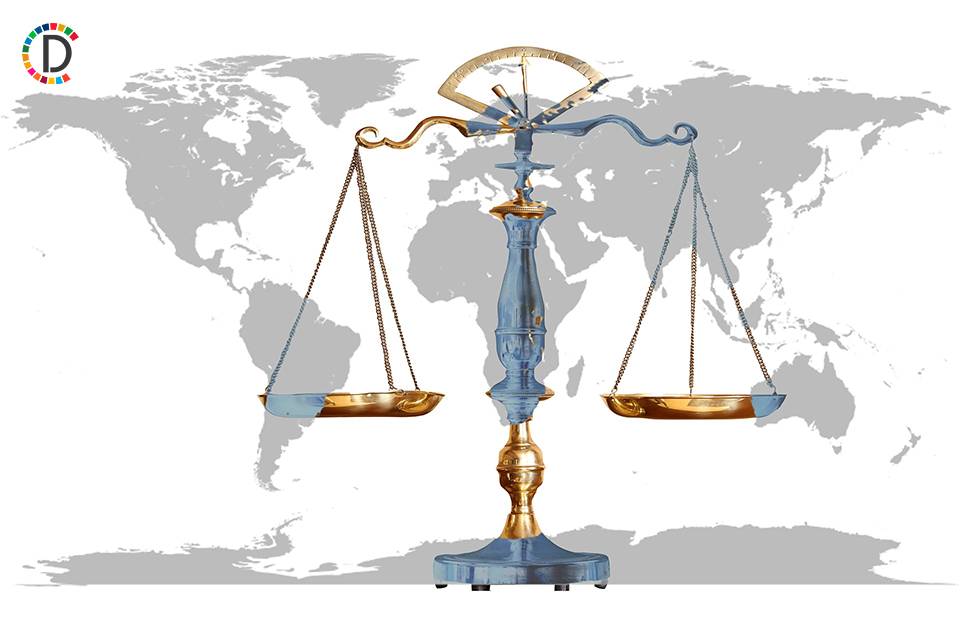Guatemala to search for bodies of Indigenous children believed killed in civil war massacre
Guatemalan authorities will begin efforts on Tuesday to recover the bodies of dozens of Indigenous children believed to have been buried clandestinely at a former military garrison in the 1980s during the country's civil war. Excavations at the site will be led by the Guatemalan Forensic Anthropology Foundation and the Human Rights Prosecutor's Office - part of efforts to seek justice for the hundreds of thousands of victims of the armed conflict that lasted from 1960 to 1996.

Guatemalan authorities will begin efforts on Tuesday to recover the bodies of dozens of Indigenous children believed to have been buried clandestinely at a former military garrison in the 1980s during the country's civil war.
Excavations at the site will be led by the Guatemalan Forensic Anthropology Foundation and the Human Rights Prosecutor's Office - part of efforts to seek justice for the hundreds of thousands of victims of the armed conflict that lasted from 1960 to 1996. The massacre, one of many targeting Mayan communities during the civil war, occurred on May 21, 1988, in the remote Chiul Indigenous community. Witnesses say members of the armed forces captured hundreds of residents and took them to the military garrison, where they separated the children from their parents.
According to Arnulfo Oxlaj, a survivor of the massacre, 116 children between the ages of two and 15 were tortured and thrown into what was then a well inside the facility, where they drowned. "Those children were thrown into that well with the worst violence and hatred simply because they were Mayans," he told a news conference on Monday.
There is no official record of the number of victims nor clarity about the motivations behind the massacre. The Guatemalan military has been accused of conducting a genocide campaign against Indigenous peoples during the conflict. A Guatemalan Army spokesman did not respond to a request for comment.
Hector Reyes, a renowned human rights lawyer who works with family members of the war's victims, said that once the bodies are recovered and identified, he will seek to bring the perpetrators to justice. So far, no one has been arrested in connection with the killings, he said.
(This story has not been edited by Devdiscourse staff and is auto-generated from a syndicated feed.)
- READ MORE ON:
- Guatemalan
- Mayan
- civil war










